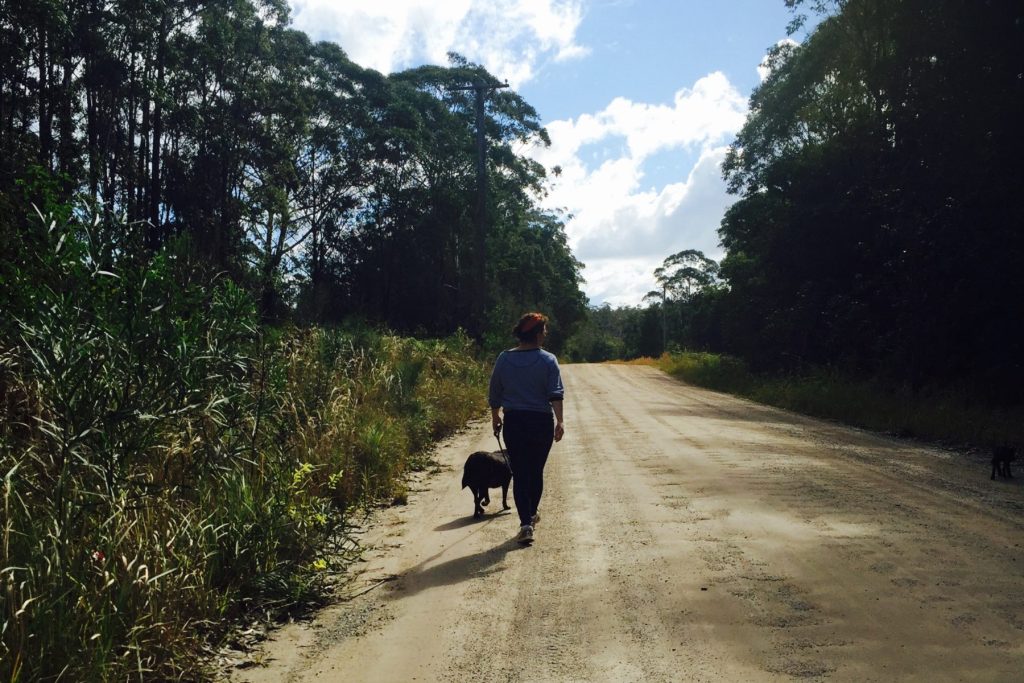Of the 789,645 businesses based in regional Australia a whopping 97% are considered small, that is employing 0-19 people (ABS, 2023).
When someone decides to establish a business in a regional area they do so knowing (or just about to find out) they will face a range of challenges that will at some point impact their business including:
- Lacking access to timely and appropriate training
- Access to local customers
- Freight costs and access to appropriate distribution services
- Infrastructure challenges such as access to power in industrial areas
- Brain drain: challenges finding local people to talk through business challenges with and;
- Reliable access to skilled staff
For the very small businesses (62% of these small businesses don’t employ anyone) most of these things won’t matter, except perhaps the cost of flights in and out of regional centres (which, by the way are outrageous in many of our centres such as #coffsharbour), electricity or other living cost related expenses.
However, for the businesses that are based in our small regional communities, employ local people, buy locally where they can these things really matter.
But it’s not only the local spend that matters. Running a business requires a whole lot of tenacity, and of course industry relevant skills. Couple this with complexities of trading in the regions and you’ll see it’s really no wonder many regional main-streets are looking abandoned, and receivership is more common local business news than start-up.
I’m always excited to see larger regional organisations commit to supporting their local businesses and wonder what it will take to really accelerate this commitment across the board.
A few thoughts if you’re working in a regionally based government agency and/or larger business:
- Advocate for a local / regional commitment in procurement
- Make paying small businesses easy
- Attend networking events where you can meet small business owners, find out what they can do and how they can connect with your supply chain (same goes to small business owner – be in the room)
- Share the contacts of great regionally based suppliers (this is how my business, Evolve Network has existed for 20 years, I’m very grateful for this fact)
- Embed regional suppliers in larger contracts. While this is common practice in civil projects, there are other sectors this could also apply to. Regional businesses travel far and wide for skill development that could be garnished through working with visiting service providers by working together to deliver a service
- Know the eco-system. If you’re working in a particular eco-system – take housing for example, take some time to get to know the local networks. If you don’t have time link in with regionally based entities (such as your #RegionalDevelopmentAustralia networks who will usually know)
- Make it easy for small regionally based businesses to become part of your procurement channels: Advertise locally and by using word of mouth, keep tender documentation simple, ensure lead times are appropriate
- Establish a ‘buy regionally’ culture within your organisation
A few examples follow, feel free to send through yours and I’ll add it in.
Some examples of how government is supporting regional procurement
Western Australia Buy Local Policy 2020
Regional Procurement Excellence Networks (VIC)
Queensland Procurement Policy 2019
Business examples (Aus. and OS)
Ready Communities a new initiative combining decades of experience in community and economic development between co-founder Dr. Chad Renando and I will explore the role of local procurement in building strong regional communities. Keep an eye on the project as we develop our pilot in the Macleay Valley (NSW) here
Featured photo by Kelly Sikkema on Unsplash



